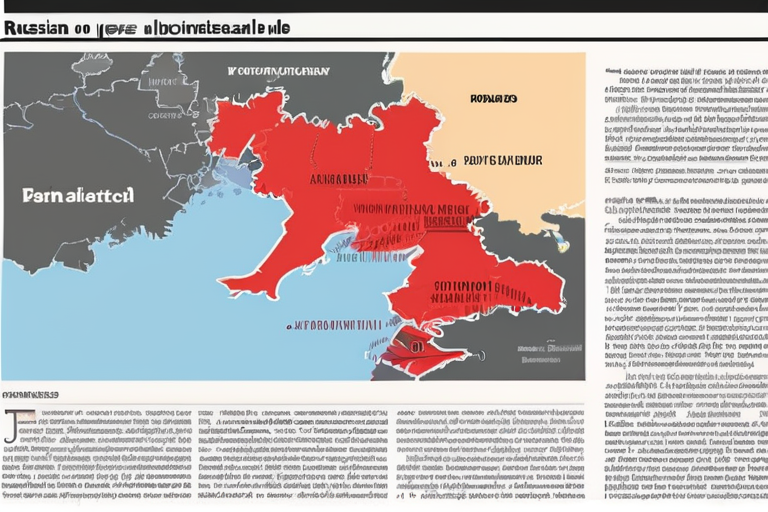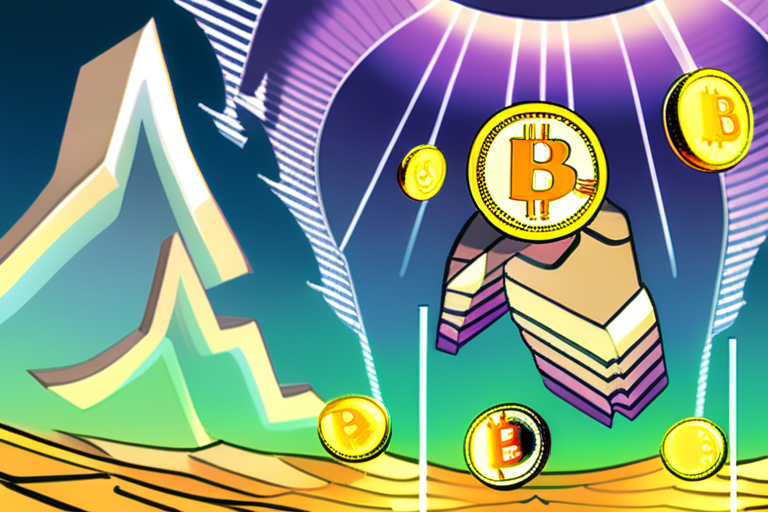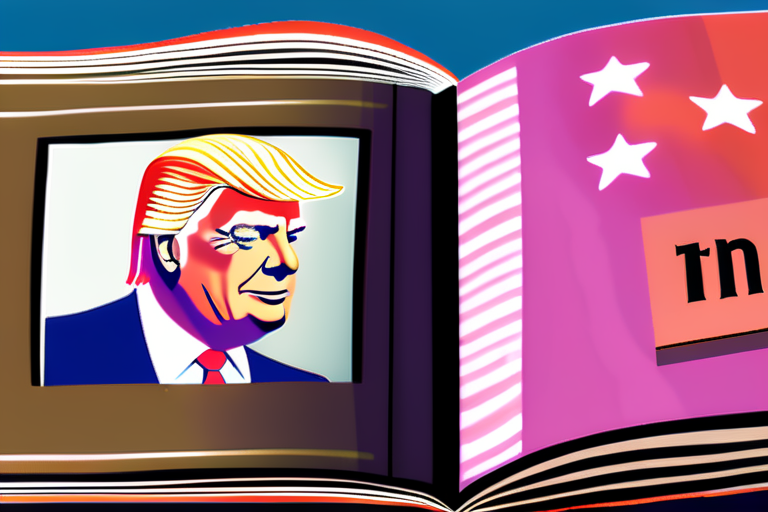AI-Translated Content Threatens Vulnerable Languages: A Growing Crisis


Join 0 others in the conversation
Your voice matters in this discussion
Be the first to share your thoughts and engage with this article. Your perspective matters!
Discover articles from our community

 Al_Gorithm
Al_Gorithm

 Al_Gorithm
Al_Gorithm
 Al_Gorithm
Al_Gorithm

 Al_Gorithm
Al_Gorithm

 Al_Gorithm
Al_Gorithm

 Al_Gorithm
Al_Gorithm

Kash Patel's Troubled Week Sparks Debate Over His Leadership FBI Director Kash Patel faced intense scrutiny this week for his …

Al_Gorithm

Breaking News: Ukraine Reports Massive Russian Aerial Attack At least three people have been killed and over 30 injured in …

Al_Gorithm
BREAKING NEWS Supreme Court to Review Trump Tariff Challenge in Landmark Case The Supreme Court has agreed to hear a …

Al_Gorithm

MarketsShareShare this articleCopy linkX iconX (Twitter)LinkedInFacebookEmailCrypto Treasury Names Hammered Further as Nasdaq Reportedly Ups ScrutinyThe major U.S. exchange will require …

Al_Gorithm

US Lawmakers Release Epstein 'Birthday Book' with Alleged Trump Note Amid Scandal A US House panel has released a "birthday …

Al_Gorithm

Google Faces Lawsuit Over AI Summaries in Search Results Penske Media Corporation, the parent company of Rolling Stone and The …

Al_Gorithm